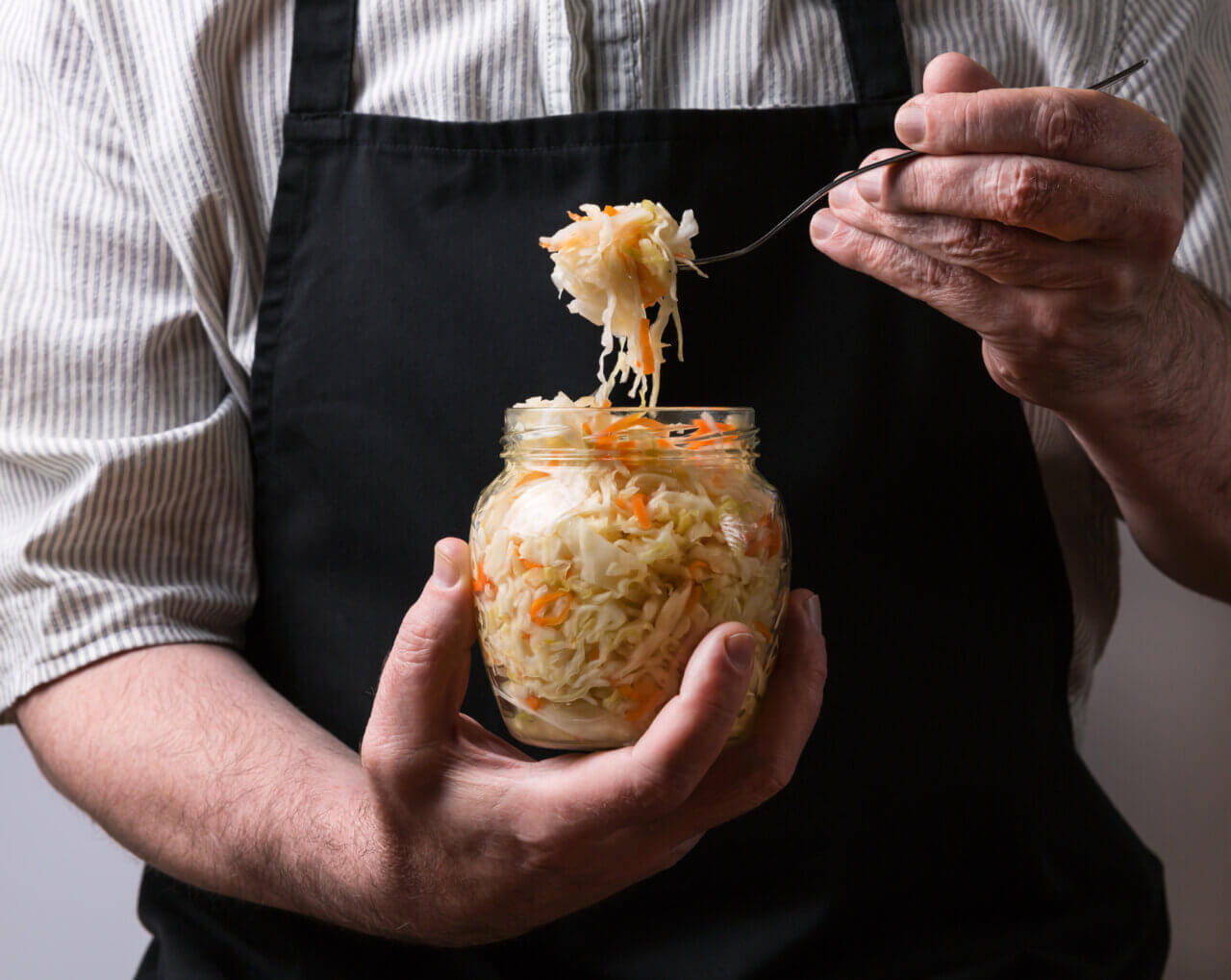Types of Plant Proteins

When you hear the word “protein,” you probably think of animal sources of protein — meat, eggs, and dairy. But, plants can also be a great source of high-quality protein, too.
Protein is vital to your health. It serves many important functions and is found in every cell in our bodies. There are 20 amino acids that can form a protein, but there are nine amino acids we can’t make ourselves. These are called essential amino acids, and we must derive them from food.
For vegetarians and vegans, choosing healthy proteins is of particular concern. Animal proteins contain all nine essential amino acids, and we refer to these as “complete proteins.” Plant proteins, on the other hand, typically lack one or more essential amino acids, with the notable exception of quinoa (KEEN-wah), soy and chia seeds. That means those who forego meat should incorporate multiple types of plant proteins into their diet. It’s not necessary to eat more than one protein at each meal; just be sure to eat multiple sources of plant protein throughout the day.
Below you will find some of the best sources of plant proteins:
- Quinoa – 4g per ½ cup
Technically a grain, quinoa is one of the only plant-based complete proteins. Not only is it high in protein, but it’s also a great source of fiber and potassium. And, quinoa is gluten-free.
- Soy Products – Up to 21g per ½ cup
Soy is considered a legume, but it differs from others in the family because like quinoa, soy is a complete protein. However, protein content depends on the type of soy you consume.
Tempeh – fermented soy – 21g per ½ cup
Dry roasted soybeans – 18g per ½ cup
Tofu – 10g per ½ cup
Steamed soybeans – 4g per ½ cup
Soy milk – 2g per ½ cup
- Nuts and Seeds – 5-6g per ounce
Chia seeds, a complete plant protein, are part of the nuts and seeds family. Nuts and seeds are a wonderful source of protein, as well as healthy fats, magnesium and iron. Almonds and chia seeds also provide a good dose of calcium.
Almonds – 6g per ounce
Chia Seeds – 5g per ounce
Pumpkin Seeds – 5g per ounce
Cashews – 5g per ounce
- Legumes
Legumes are edible seeds and pods, including beans, lentils, peas, and peanuts. (Yes, despite its name, peanuts are legumes). Most legumes are very low in fat (with the exception of chickpeas and peanuts) and are an exceptional source of macronutrients, including folate, iron, zinc, and calcium. Beans are also a high-fiber food.
Raw Peanuts – 19g per ½ cup
Lentils – 9g per ½ cup
Beans (black, lima, kidney, navy, pinto, great northern, garbanzo (chickpeas)) – 7-8g per ½ cup
Peas – 4g per ½ cup
A healthy diet is key to longevity and overall well-being; food is fuel for our bodies, and you want to make sure you’re running premium grade. Multiple studies have shown that plant-based diets, and avoiding red meats, in particular, are a cost-effective way to adopt a healthier lifestyle.



